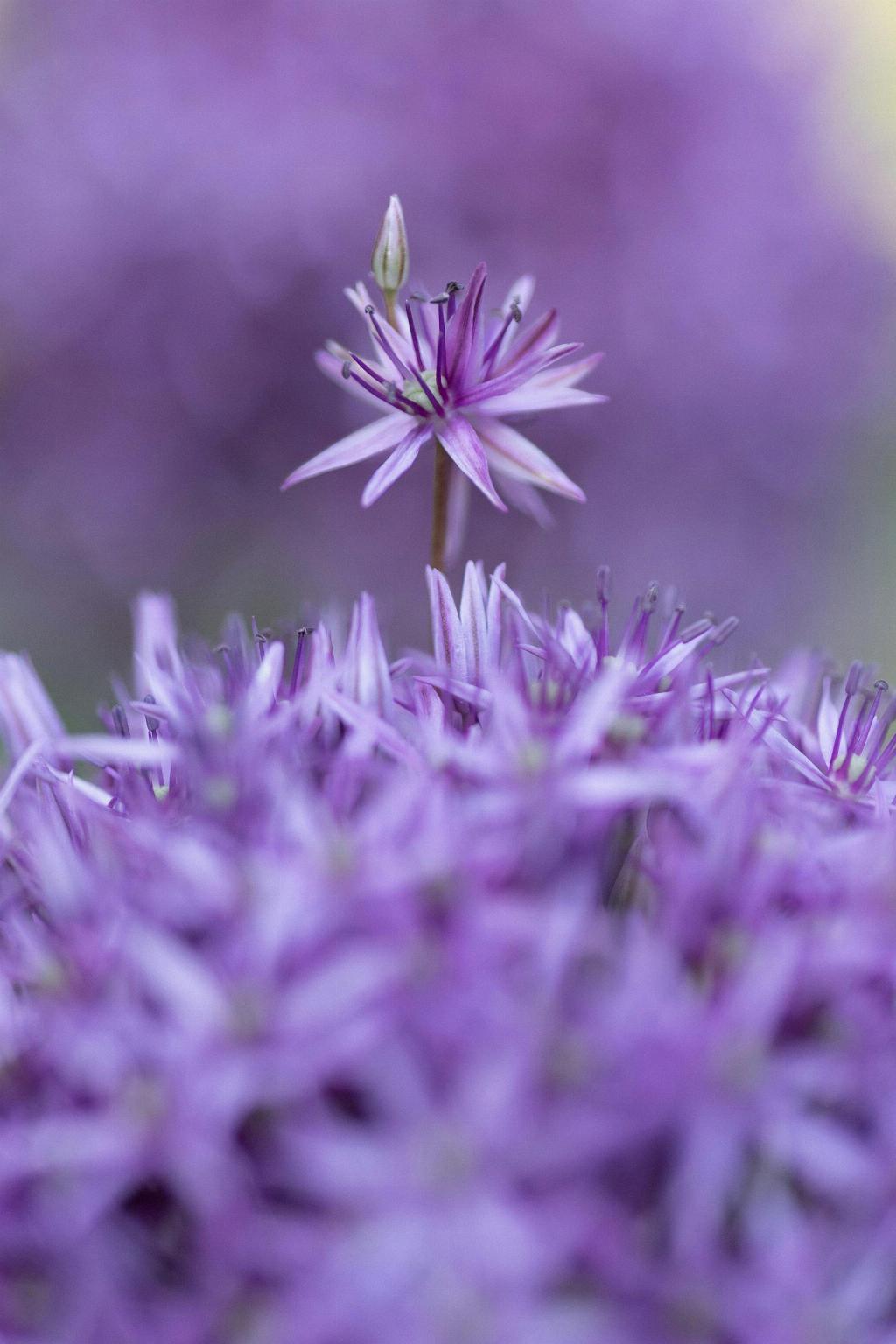Alliums, known for their stunning globular flowers in various shades of purple, pink, white, and blue, are popular perennial bulbs that many gardeners enjoy cultivating. One of the primary advantages of alliums is their ability to return each year with minimal effort, making them a valuable addition to any garden. In this article, we will delve into the factors that influence the annual return of alliums, the benefits of having them grace your garden year after year, and essential tips to ensure their continued presence.
Benefits of Alliums Returning Annually
The allure of alliums lies not only in their unique beauty but also in the fact that they reliably bloom year after year, enhancing the aesthetics of your garden. Additionally, these perennial bulbs are low-maintenance, requiring minimal care once established. For gardeners looking to create a visually appealing landscape without constant upkeep, alliums are an excellent choice. Furthermore, the cost-effectiveness of alliums as they return annually makes them a budget-friendly option for both novice and experienced gardeners.
Factors Influencing Alliums’ Annual Return
Several key factors play a crucial role in determining whether alliums will come back each year. Soil quality is paramount, as well-drained soil rich in organic matter promotes healthy growth and longevity of the bulbs. Adequate sunlight exposure is another critical factor, as alliums thrive in full sunlight or partial shade. Proper watering, ensuring the bulbs receive sufficient moisture without becoming waterlogged, is essential for their perennial return. Additionally, planting depth and spacing must be carefully considered to provide ample room for the bulbs to develop and multiply.
Tips to Ensure Alliums Return Each Year
To maximize the chances of alliums returning annually, gardeners should follow specific guidelines when planting and caring for these bulbs. Proper planting techniques, such as placing the bulbs at the appropriate depth and spacing them adequately, are key to their long-term success. Establishing an optimal watering schedule, providing consistent moisture without overwatering, is crucial for the health of the bulbs. Fertilization tips, including the application of a balanced fertilizer in the spring, can further support the growth and annual return of alliums. Additionally, implementing winter care practices, such as mulching to protect the bulbs from frost, will help ensure their survival during the colder months.
Common Issues Preventing Alliums from Returning
Despite their resilience, alliums may face challenges that hinder their annual return. Pests and diseases, such as onion fly and botrytis, can affect the health of the bulbs and reduce their longevity. Implementing pest control measures and practicing good hygiene in the garden can help prevent these issues. Additionally, improper care practices, such as overwatering or planting in unsuitable soil, can stress the bulbs and prevent them from returning each year. Environmental factors, including extreme weather conditions or insufficient sunlight, can also impact the growth and survival of alliums.
Conclusion
In conclusion, alliums are exquisite perennial bulbs that have the potential to grace your garden with their vibrant blooms year after year. By understanding the factors that influence their annual return, implementing proper planting and care techniques, and addressing common issues that may arise, gardeners can ensure the continued presence of these beautiful flowers. Embrace the beauty and reliability of alliums in your garden and enjoy their colorful display season after season.

